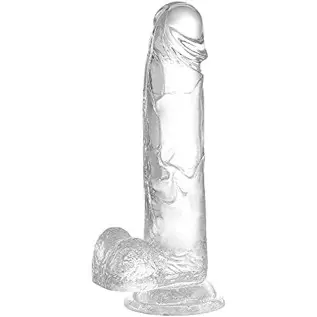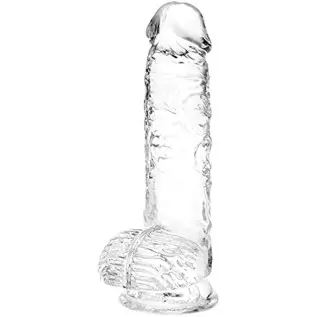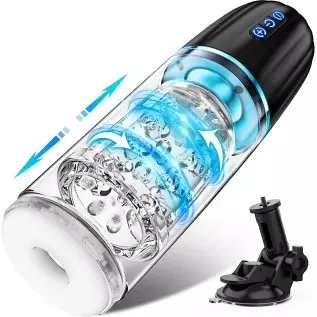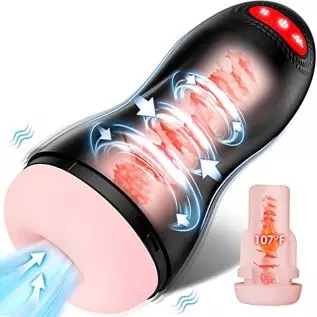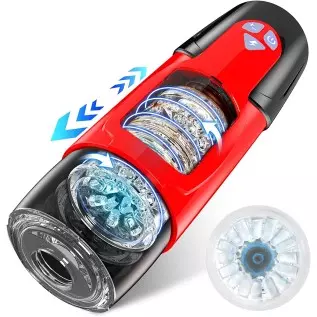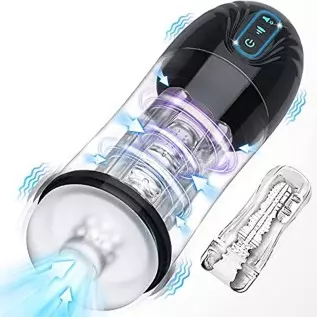Will uterine curettage surgery cause infertility? How should I take care of myself after surgery?
Uterine curettage surgery is to use some long-handled curettes to reach into the uterus to scrape out the residue after abortion. So, will uterine curettage surgery cause female infertility? This is related to the choice of hospital and the number of abortions.
Will uterine curettage surgery cause infertility?
Uterine curettage surgery has a certain impact on women’s fertility and may lead to infertility. The following are several situations in which infertility may be caused by uterine curettage surgery:
1. Hospital technology is not perfect. Many small and informal hospitals do not have visual abortion technology. Uterine curettage surgery can only be performed based on the doctor’s experience. It is conceivable that the pain of the surgery is intolerable to ordinary patients. Therefore, during surgery, patients will have excessive reactions such as fear, tension, struggle, and agitation, which can easily lead to complications such as uterine perforation, incomplete aspiration, leakage, and abortion syndrome.
2. The forceful operation during uterine curettage surgery may cause injury and inflammation to the cervix or endometrium. After the operation, problems such as cervical or endometrium adhesions, uterine cavity adhesions, and menstrual disorders are likely to occur. In severe cases, it may lead to infertility in the future. .
Therefore, although uterine evacuation will cause greater damage to the uterus, it will thin the endometrium, cause abnormal menstruation, and induce gynecological inflammation. However, as long as you refuse multiple abortions, pay attention to post-abortion care, and there are no serious infections, inflammations, or gynecological diseases, it will not affect your fertility.
How to take care of yourself after surgery?
1. Proper rest: It is best to avoid physical labor and physical exercise within half a month.
2. Pay attention to personal hygiene: After abortion, you must pay attention to maintaining personal hygiene, otherwise it may easily cause infection. Sexual intercourse should be avoided within one month after abortion; sanitary pads should be changed frequently during bleeding; sitz baths should not be performed within half a month, only showers.
3. Pay attention to bleeding: About a week after the abortion, there will be red or light red secretion in the vagina, ranging from large to small, with no obvious odor. If the bleeding lasts for more than 15 days, the amount of bleeding exceeds the menstrual flow, especially if the secretions have a foul smell, and are accompanied by fever, abdominal pain and other symptoms, you should go to the hospital for examination and treatment in time to avoid worsening of the condition.
4. Do a good job of contraception: no sexual intercourse for one month. Once you resume sexual life, you should do a good job of contraception to avoid accidental pregnancy again. The most important thing is to actively fight against infection, because infections can easily occur after surgery, so it is best to use medicine scientifically under the guidance of a doctor.
5. Pay attention to rest and strengthen nutrition. After abortion, you should rest in bed for 2 to 3 days, and then you can get out of bed and gradually increase the activity time. Do not engage in heavy physical labor or work in cold water within the first half of the month after the abortion to avoid catching cold.
What to eat to replenish qi and blood after curettage
1. Protein
After dilation and curettage, most people will focus on their diet. Reasonable arrangements need to be made in terms of quality and quantity of food to meet the body’s needs for nutrients. Protein, as the main component of antibodies, if consumed Insufficient intake can easily lead to low resistance, thereby triggering a greater disease crisis. Within half a month after curettage, protein supplementation needs to be around 100g to 150g per day. You can eat more soy products and eggs every day. Foods rich in protein.
2. Vitamins
The vitamins mentioned here refer to water-soluble vitamins. Since the body is extremely weak after curettage, it is easy to sweat, resulting in a large loss of water in the body. Therefore, replenishing water should be done in small amounts and multiple times to reduce the evaporation of water and sweat. A lot of vitamins are eliminated, so adding water-soluble vitamins to drinking water can replenish the lost water and vitamins in a timely manner.





